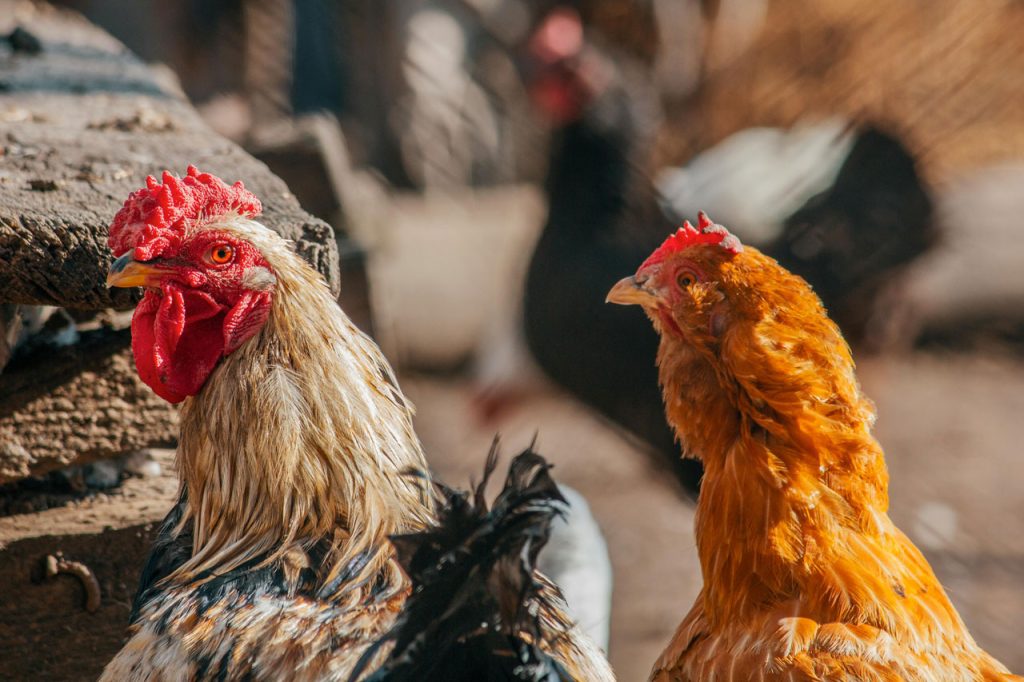The agricultural and livestock sector plays a crucial role in food production, but also faces the challenge of efficiently managing the waste generated in its operations. Adopting sustainable waste management practices not only benefits the environment, but can also create opportunities to improve productivity and reduce costs. Some key strategies to address this important aspect are explored here.
- Composting Organic Waste: The practice of composting is a valuable tool for the agricultural and livestock sector. By composting organic waste, such as crop remains, straw and manure, high-quality compost can be generated that acts as a soil amendment, improving its structure and fertility.
- Agricultural Biorefineries: The implementation of biorefineries in agricultural operations can convert various wastes, such as crop stems and leaves, into value-added products, such as bioplastics or biofuels. This strategy makes it possible to make the most of available resources and reduce dependence on non-renewable raw materials.
- Recycling of Containers and Materials: The agricultural sector uses a variety of containers and materials for agricultural inputs. Implementing on-site recycling programs and using returnable packaging can minimize the amount of plastic waste and contribute to the circular economy.
- Efficient Manure Management: For the livestock sector, manure management is essential. Composting manure not only reduces environmental impact by preventing nutrient leaching, but also provides a valuable source of nutrients for the soil.
- Renewable Energy from Agricultural Waste: Agricultural biomass, such as crop residues and straw, can be used for the generation of renewable energy through the production of biogas or biomass for the production of electricity. This not only reduces dependence on non-renewable energy sources but also effectively manages agricultural waste.
- Education and Awareness: Promoting education and awareness about sustainable waste management practices is key. Farmers and ranchers can take more effective action when they understand the environmental impacts of their decisions and are informed about the sustainable alternatives available.
Sustainable waste management in the agricultural and livestock sector is not only a commitment to the preservation of the environment, but also an intelligent strategy.




